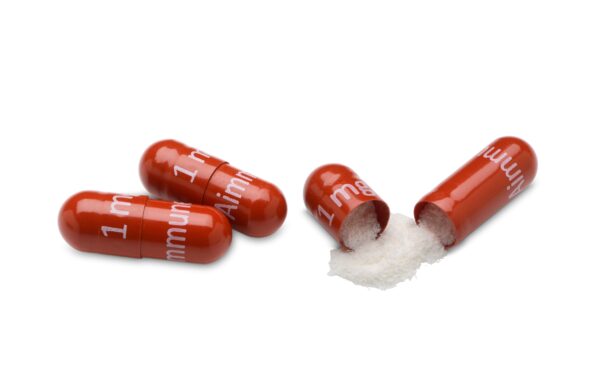
Peanut allergy ranks among the most common of food allergies, so Nestlé hoped that adding the first FDA-approved peanut allergy product to its portfolio could make it a market leader. But sales never took off, leading the Swiss food and beverage giant to shop around for someone to buy what it had purchased for more than $2 billion.
Nestlé has found a buyer. It announced on Tuesday the sale of its Palforzia peanut allergy treatment business to Stallergenes Greer, a privately held biopharmaceutical company that specializes in diagnosing and treating allergies. Financial terms were not disclosed, but Nestlé will receive milestone payments and royalties from Baar, Switzerland-based Stallergenes Greer.

With the Rise of AI, What IP Disputes in Healthcare Are Likely to Emerge?
Munck Wilson Mandala Partner Greg Howison shared his perspective on some of the legal ramifications around AI, IP, connected devices and the data they generate, in response to emailed questions.
Palforzia is a biologic product consisting of peanut protein in a powder formulation. It comes in capsules and packets that contain the powder, which can be sprinkled on food. The drug is approved for use in children ages 4 to 17. Escalating doses of the product reduces a child’s sensitivity to the allergen. Palforzia does not prevent an allergic reaction, but the reduced sensitivity could keep an encounter with peanut protein from becoming severe or even fatal. Palforzia was developed by Brisbane, California-based Aimmune Therapeutics under a partnership with Nestlé.
The FDA approved Palforzia in 2020. Later that year, Nestlé agreed to pay $2.1 billion to acquire the stake in Aimmune that it did not already own, putting Palforzia in the hands of a large, global company with more resources to support the product’s commercialization. At the time the deal was announced, the Swiss food giant said the pairing of its Nestlé Health Science unit and Aimmune would “create a global leader in food allergy prevention and treatment.” Aimmune’s pipeline included potential treatments that applied Palforzia’s approach to other food allergens.
Unfortunately for Nestlé, Palforzia’s launch coincided with the Covid-19 pandemic. A drug whose dosing required children to make regular in-person visits to the doctor was a tough sell during lockdowns and other restrictions. Last November, the company announced the decision to explore strategic options for Palforzia, citing “slower than expected adoption by patients and healthcare professionals.” Going forward, the company said it will focus on consumer care and medical nutrition.
“We are confident that Stallergenes Greer will take Palforzia forward and ensure this unique treatment supports patients around the world,” Nestlé Health Science CEO Greg Behar said in Tuesday’s announcement. “At the same time, the divestiture allows Nestlé Health Science to focus on its core strengths and key growth drivers.”
Palforzia is joining a Stallergenes Greer portfolio that includes allergen extracts available in sublingual and subcutaneous formulations. The company says it has a presence in 19 countries and distribution networks that reach 41 countries. In the U.S., its operations are allergen production facilities in Lenoir, North Carolina, and Mathiston, Mississippi.
Photo: Aimmune Therapeutics















